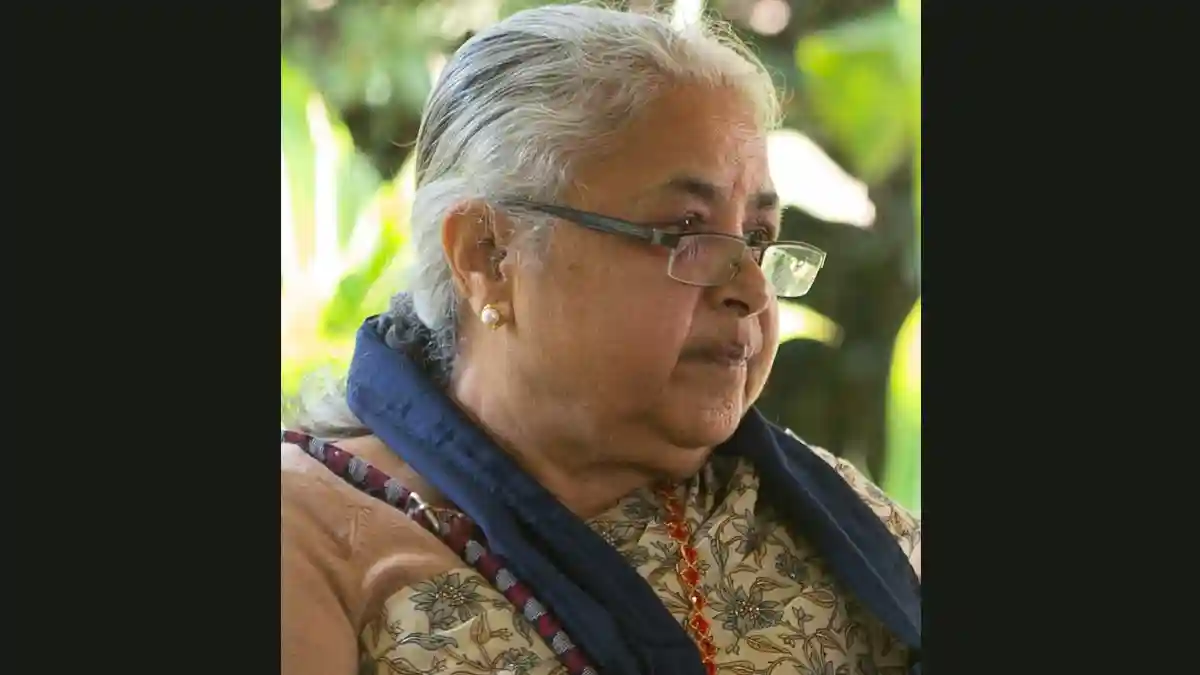By Pimani Baloyi
Copyright sabcnews

The Evangelical Presbyterian Church of South Africa (EPCSA) has played a significant role in developing rural communities during colonialism. This was said at the celebration of the church’s 150 years of existence in South Africa at Valdezia outside Louis Trichard in Limpopo.
Also known as the Swiss Mission, the EPCSA has played a key role in education and health care, founding notable institutions like the Lemana Teachers Training College and the Elim Hospital.
The Limpopo provincial government will soon unveil plans to restore the iconic and now dilapidated Lemana Education College to its former glory.
Limpopo Premier, Phophi Ramathuba was among those who celebrated the Evangelical Presbyterian Church of South Africa’s anniversary in Valdezia.
Founded in this village in 1875, the Church was founded at a time when the colonial state divided black South Africans along tribal lines. Thus, the church was only found in areas predominantly occupied by Vatsonga people.
It has now launched branches throughout the country.
The EPCSA is founded on four key pillars, that of Education, Health, Agriculture and Christianity.
The church marked its anniversary by remembering some community infrastructure that it built over the years. They include the Lemana College, three hospitals, numerous schools and clinics.
Ramathuba pledges her government’s commitment to honoring the church’s contribution to rural development.
“If Lemana School did not exist, my father, the late Vho Ramathuba, would not have become a teacher. He studied at this college. His soul will not rest in peace until I fix Lemana College. So you can understand that I am disclosing and I am declaring why at every EXCO I ask how far MEC Mavhungu, MEC Makamu and MEC Matibe we are in terms of getting things right. The Evangelical Presbyterian Church of South Africa has played a significant role in developing rural communities during colonialism.”
Meanwhile, some congregants say the church’s focus on education has inspired them to better their lives.
“My parents wouldn’t have afford to take me to medical school if it wasn’t for the church, and I was inspired by seeing doctors in the hospitals that were established by the church, and I wanted to be like them.”
“I thank this church a lot cos my grandfather was a moderator of this church back in the days, if it was not for that, I would not going to be where I am.”
“It has molded me, spiritually, I have said it, I feel I have grown so much and this is the benefit that I have got from my church and I thank God for that.”



